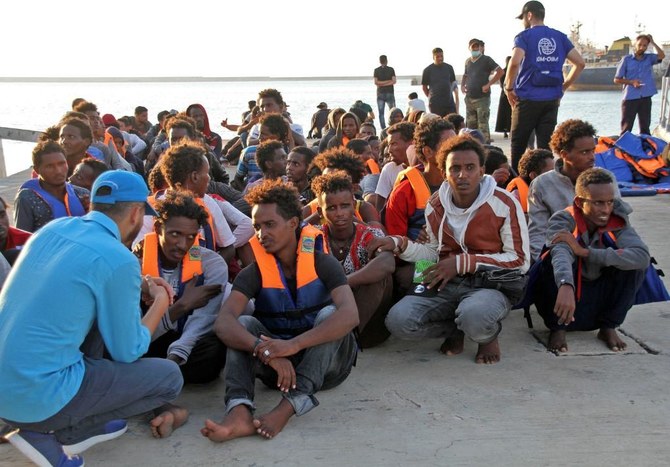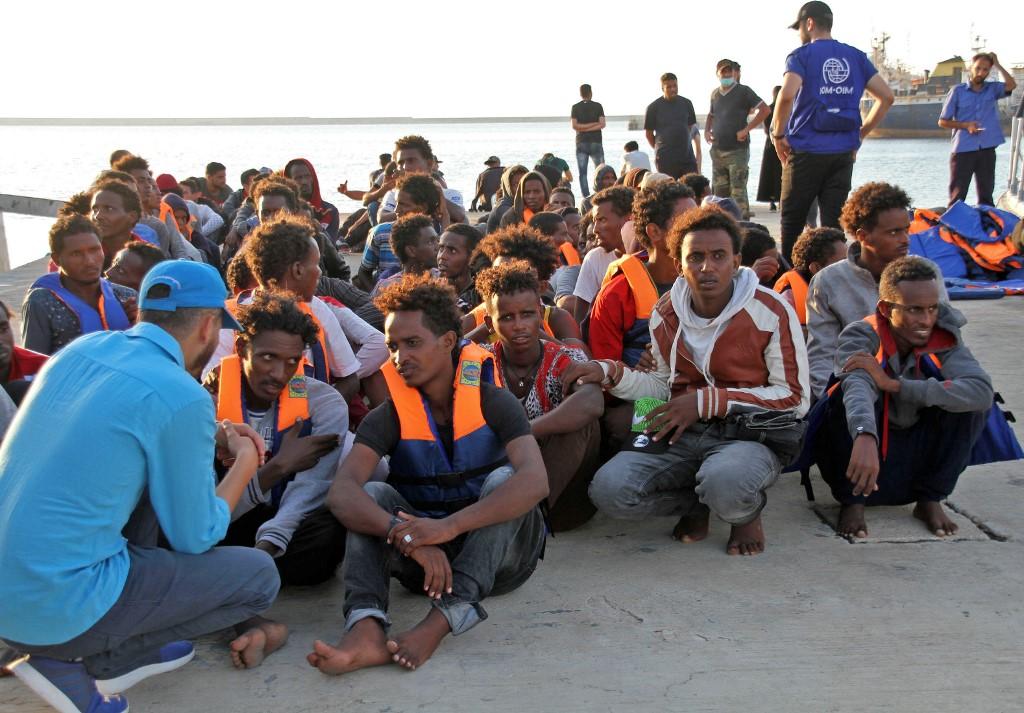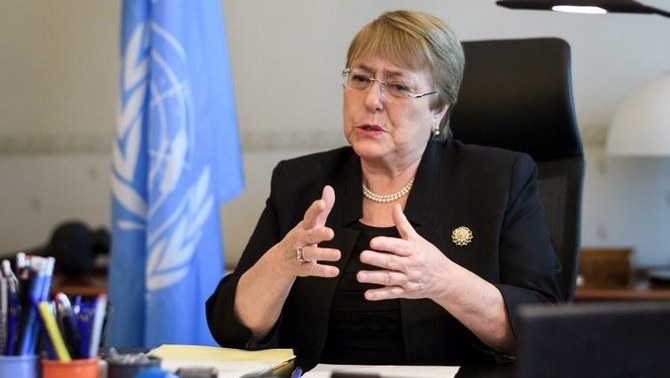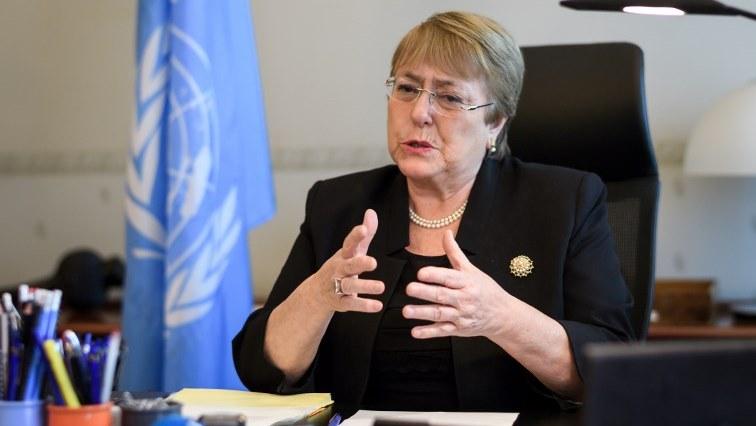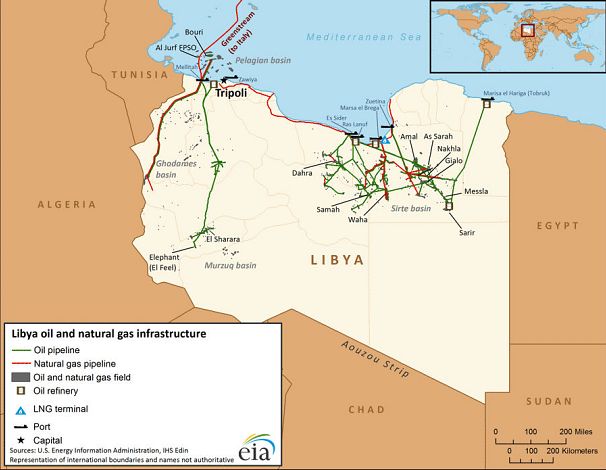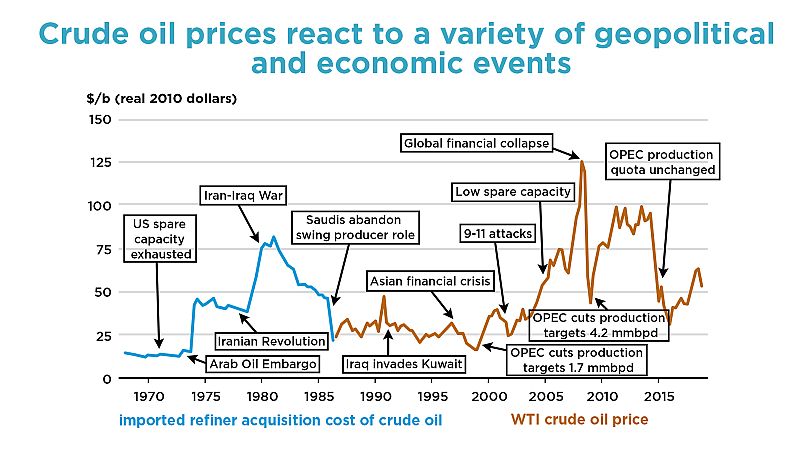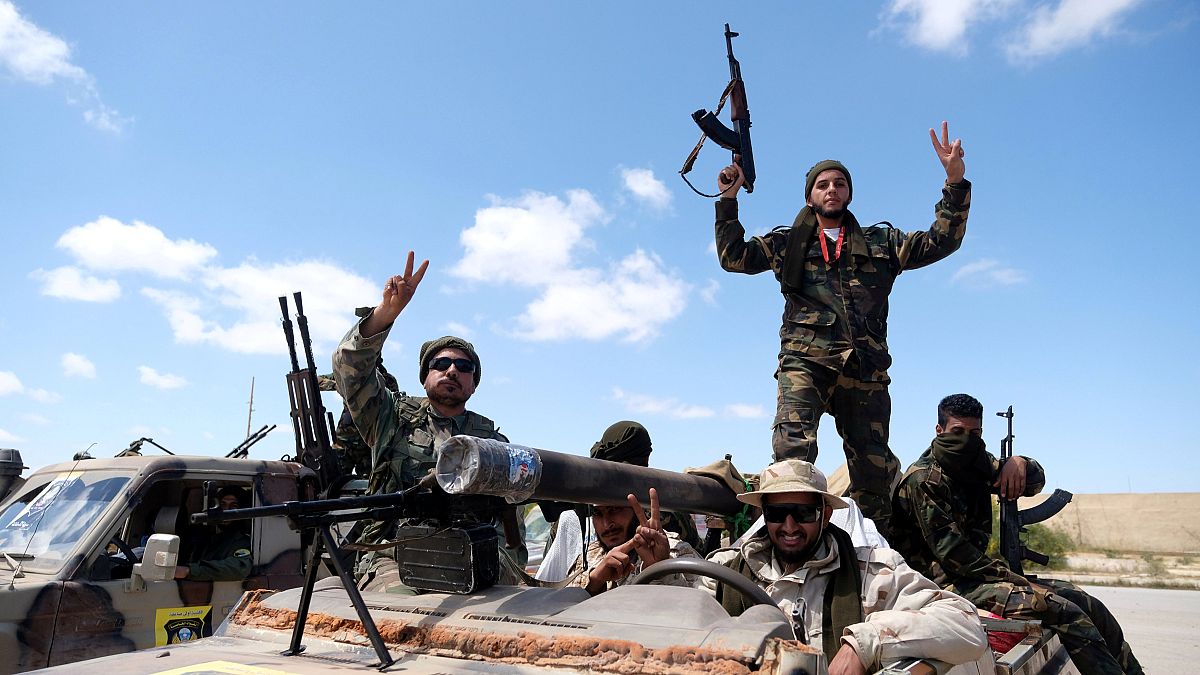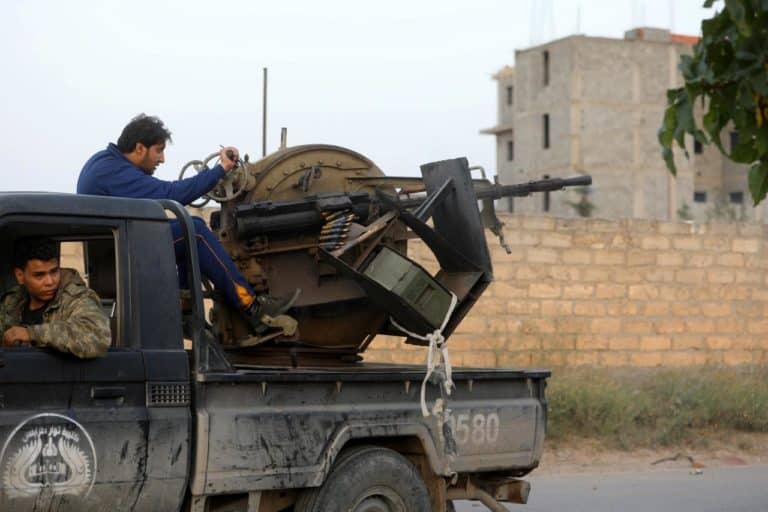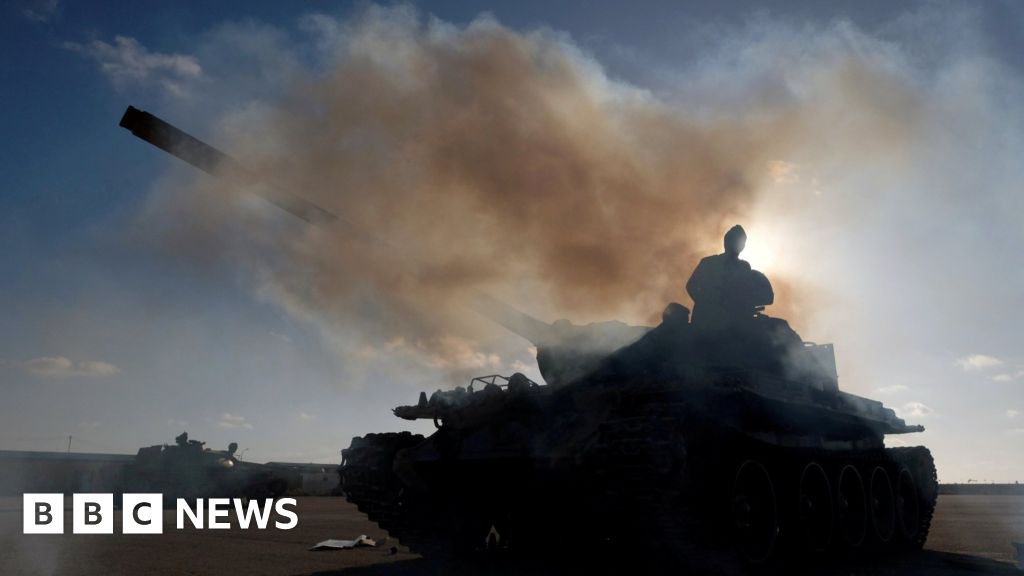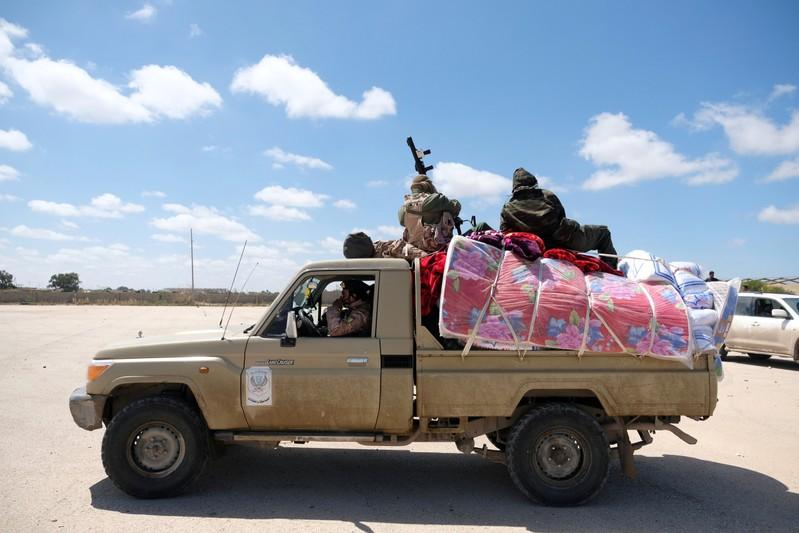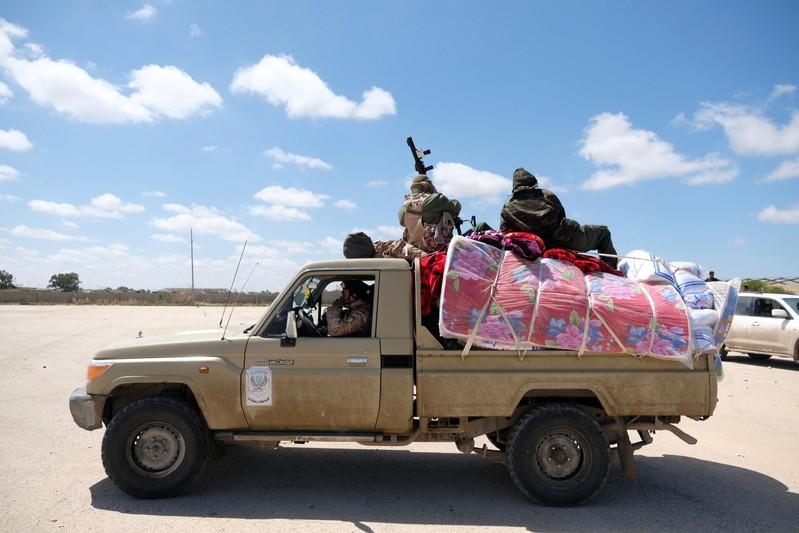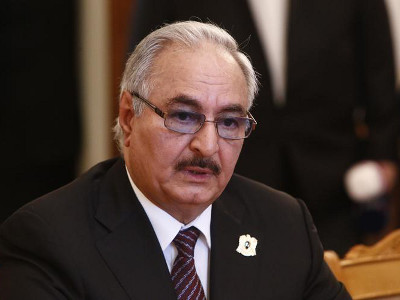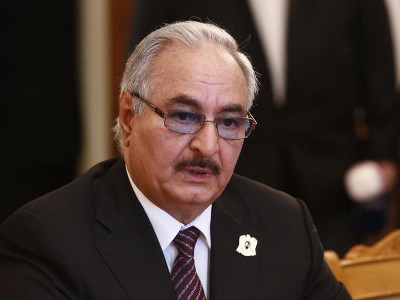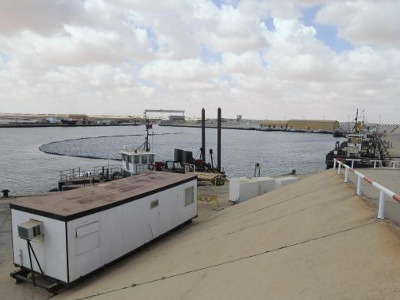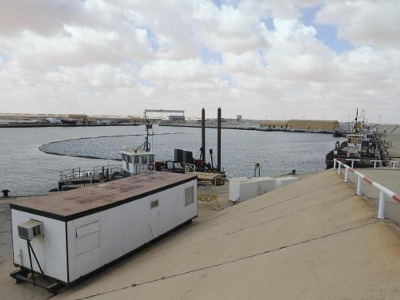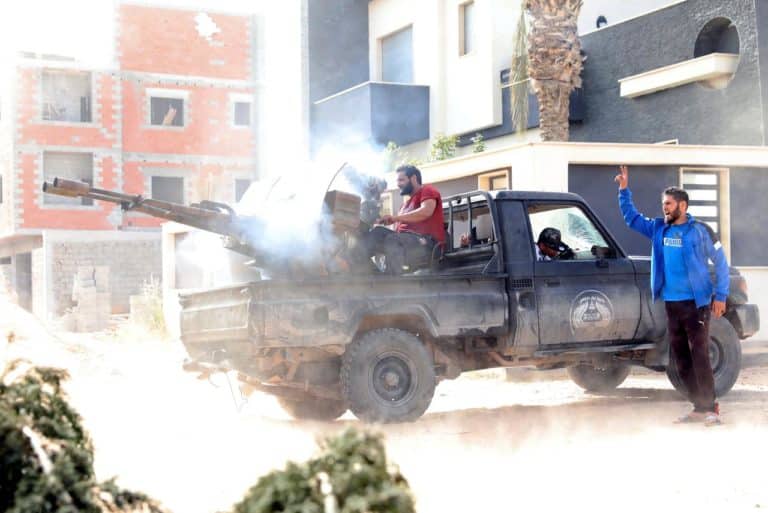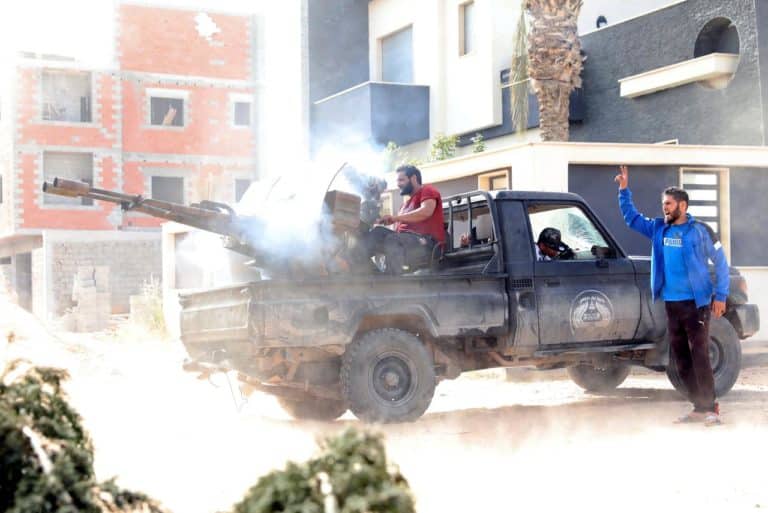Oil prices, Libyan tensions and everyday petrol. How is the EU affected?
By Kate Hope
03/May/2019
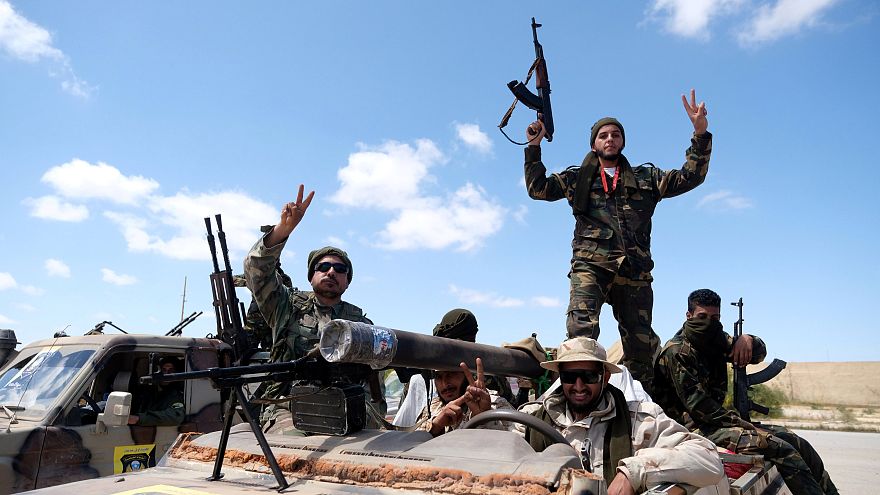
REUTERS
Oil prices have recently risen to their highest since November 2018, but they're still fluctuating daily. Why?
The rise is linked to many factors, including U.S. sanctions against Iran and Venezuela, OPEC’s supply cuts and the escalating conflict in Libya, where the Libyan National Army (LNA) is at odds with the internationally recognised Libyan government, and both are at odds with various militias.
Brent futures are still exceeding $70 (62€) a barrel, increasing the price by 0.5% at the beginning of April. Since then, the price has kept increasing, coming to $70.58 (€63.27) a barrel today (3 May).
Libya has the largest proven reserves of oil in Africa and in the 70s the country used to produce more than 3 million barrels per day.
In 2017, its oil represented 0.9% of global productions, with the country producing more than 40 million tonnes of oil, or 817.3 thousand barrels a day.
Since 2011, Libya's political environment has had severe effects on the country's oil production, therefore impacting its price worldwide.
Euronews spoke to experts to find out if the conflict will affect oil prices in the future and if the European Union is preparing for such events.
What drives oil prices?
Dr. Mamdouh G. Salameh, an international oil economist and one of the world's leading experts on oil, explains there are many different factors that influence oil prices.
"The major drivers of oil prices are global economic growth, rising global oil demand, China’s accelerating oil demand, technology and geopolitical events affecting production or leading to a disruption of production in one of the major oil-producing nations, or a closure of one of the global oil chokepoints."
Geopolitical events often cause issues over oil access and rising tensions in oil-producing countries like Libya threaten oil supplies and can sometimes cause prices to increase.
This is because access to the country can become difficult, and means of transportation can be disrupted in times of conflict.
"When the civil war started in Libya in 2011, it impacted very adversely on oil prices because it reduced Libya’s production from 1.6 million barrels a day to less than 300,000 barrels a day, thus depriving the global oil market of some 1.3 million barrels a day", says Salameh.
Earlier this year, Khalifa Haftar, the head of the Libyan National Army (LNA), took control of the Al-Sharara oilfield situated near Tripoli and stopped its production process.
The field is one of Libya’s biggest, normally producing 315,000 barrels a day - a third of Libya’s global production.
The LNA also took the El-Feel oilfield, meaning they now have control over the most important oilfields in Libya.
Bellow is an illustration of Libya's oil and gas infrastructure where El-Sharara and El-Feel are represented.
Infrastructure of Libya: oil an gas fields, refineries and pipelines
Wikimediaeia Beta
Oil shocks
International events affecting oil prices is not new. In fact, since the 70s, oil prices have been disturbed by a series of 'oil shocks'.
One of the most notorious events that caused an oil crisis is the Gulf War, when Iraq invaded Kuwait in 1990.
Oil production decreased massively, causing a substantial price rise. The price more than doubled in the space of four months.
After the Gulf War, oil prices started to decline, and in 1999, they reached their lowest level since 1973.
U.S. Energy Information Administration, Thomson Reuters
According to Salameh. the current situation in Libya is unlikely to cause such a shock or affect oil prices that significantly.
"Currently and for the foreseeable future, Libya’s erratic production will have very limited impact on oil prices since the global oil market has already factored in the possibility of a total collapse of Libya’s production," he says.
What’s the impact on the EU?
The EU is heavily dependent on other countries for oil. It is considered to be a net importer of energy products, meaning it imports more products than it exports.
In 2018, crude oil counted for the highest share of imports of energy products in the EU, with 70% of crude oil imports in the first semester of 2018, according to Eurostat. 28% of oil imports came from Russia, 11% from Norway and 6.7% from the Libyan Arab Jamahiriya.
Infogram
The EU's dependency on external countries for oil means that any kind of disruption in these countries contains a risk of oil prices to go up.
But EU officials know their reliance on external sources is as a problem. They have prepared themselves for disruptions by diversify their supply sources. This makes the market more secure and allows the EU to become more independent. It also enables the EU to switch supplies quickly in case of disruptions.
"It is a very important issue for the EU economically and geopolitically to find itself dependent on Russian natural gas supplies to the tune of 40% and also on oil imports to the tune of 92%". Dr. Salameh explains.
"There are no short–term solutions to this. Any solutions like diversification of energy sources and increasing reliance on renewable energy particularly solar energy, wind and geothermal energy are long-term", he adds.
Is renewable energy the solution?
Renewable energy
Kenueone Pixabay
Salameh says the EU cannot replace our needs in fossil fuels with renewable energy.
"Unfortunately, renewable energy on its own will never be enough in both the short-term and the long-term to provide the EU with its energy needs. For instance, renewable energy accounted for only 8% of total primary energy that the EU needed in 2018 compared with 37% for oil, 23% for gas, 15% for coal, 10% for nuclear energy and 7% for hydro-electricity."
But EU officials are more optimistic.
Most of the renewable energy the EU uses is produced within Europe. EU officials say that by producing more renewable energy in Europe, we become less dependent on the import of fossil fuel.
The European Commission's effort to replace fossil fuels with renewable energy is part of the
clean energy transition. It's aim is to make European member states more sustainable and less reliant on imported fossil fuels.
In the long run, the EU wants to produce its energy locally, whilst still encouraging global production, to replace fossil fuels with renewable energy.
Euronews spoke to experts to find out if the conflict in Libya will affect oil prices in the future and if the European Union is preparing for such events.

www.euronews.com
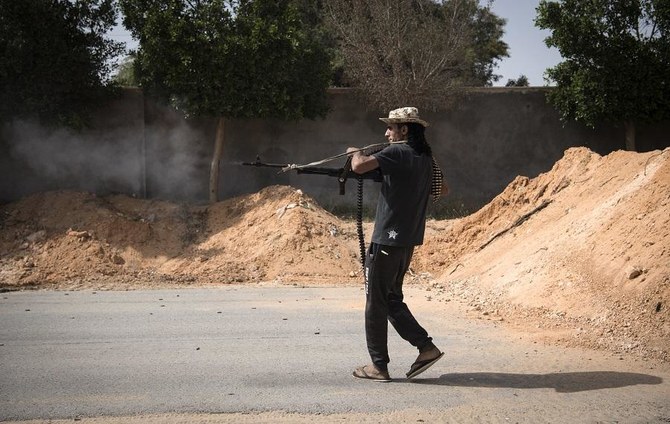
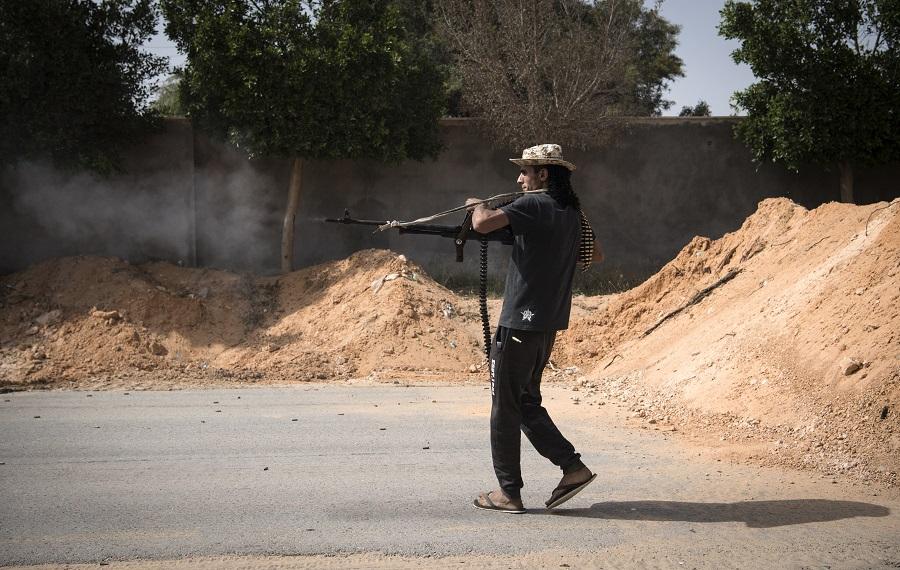
 www.arabnews.com
www.arabnews.com


 www.arabnews.com
www.arabnews.com

